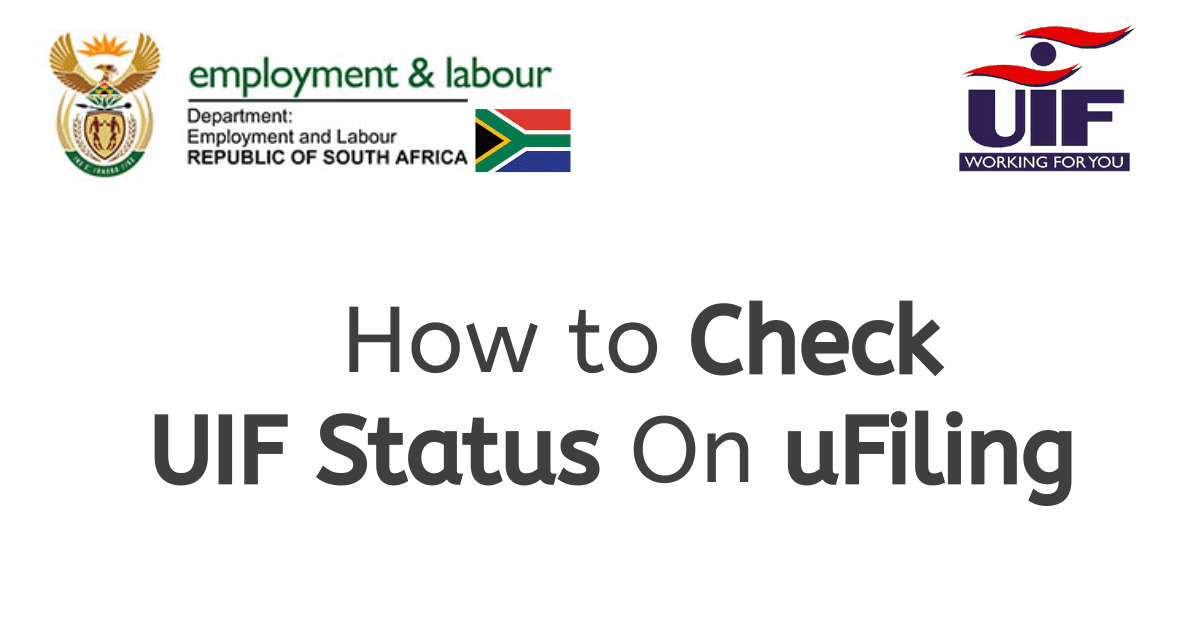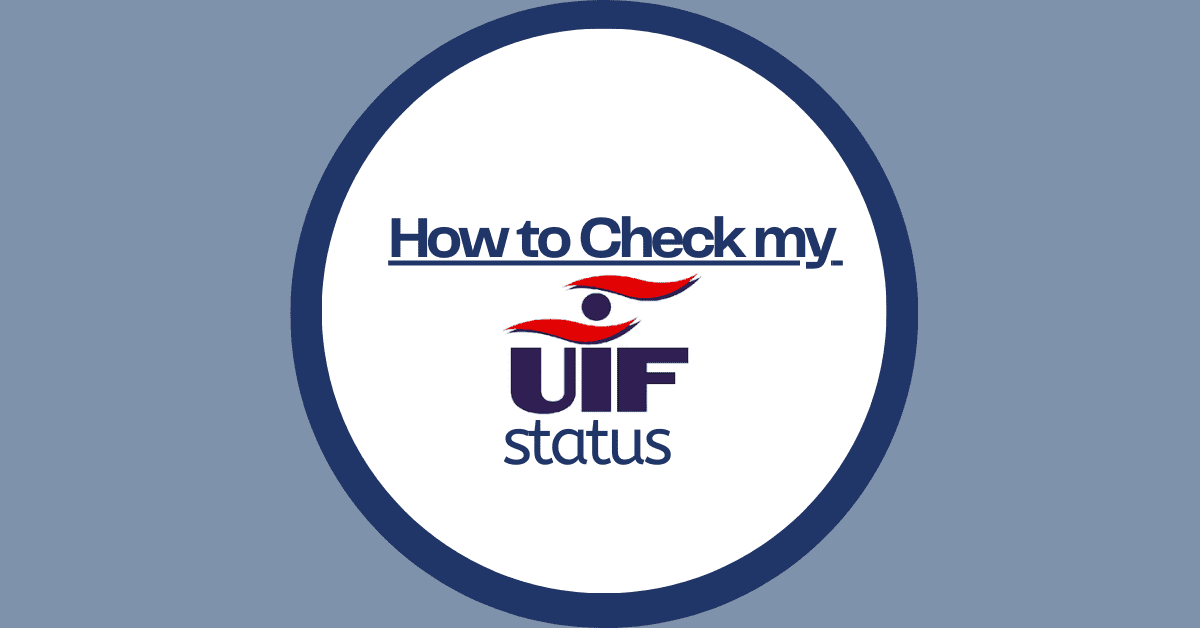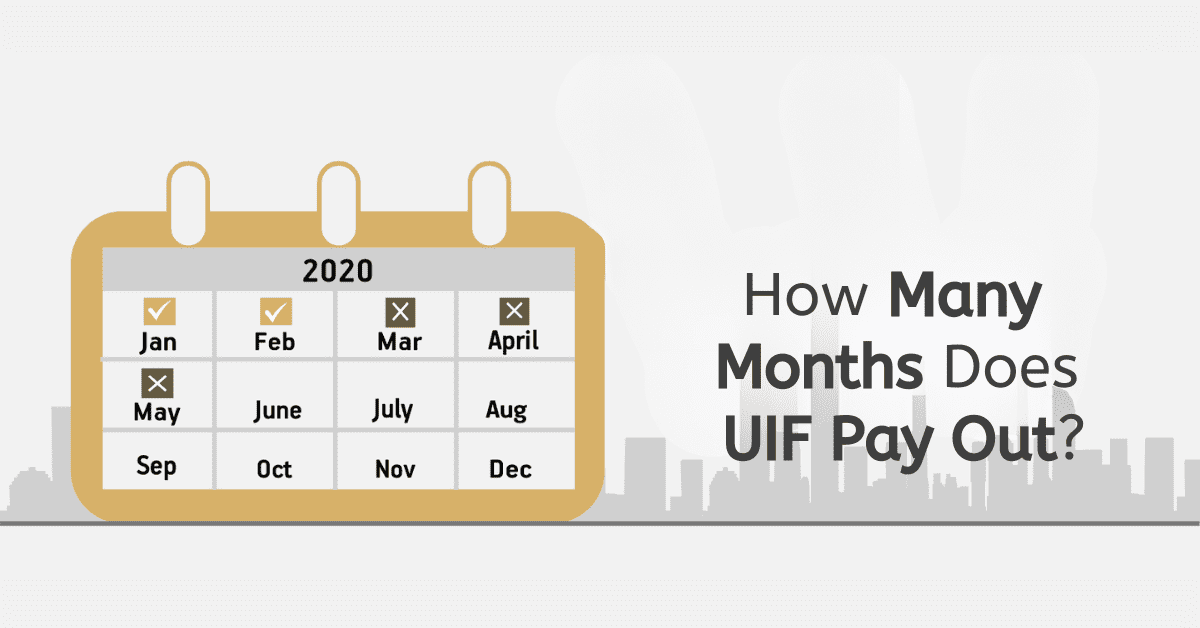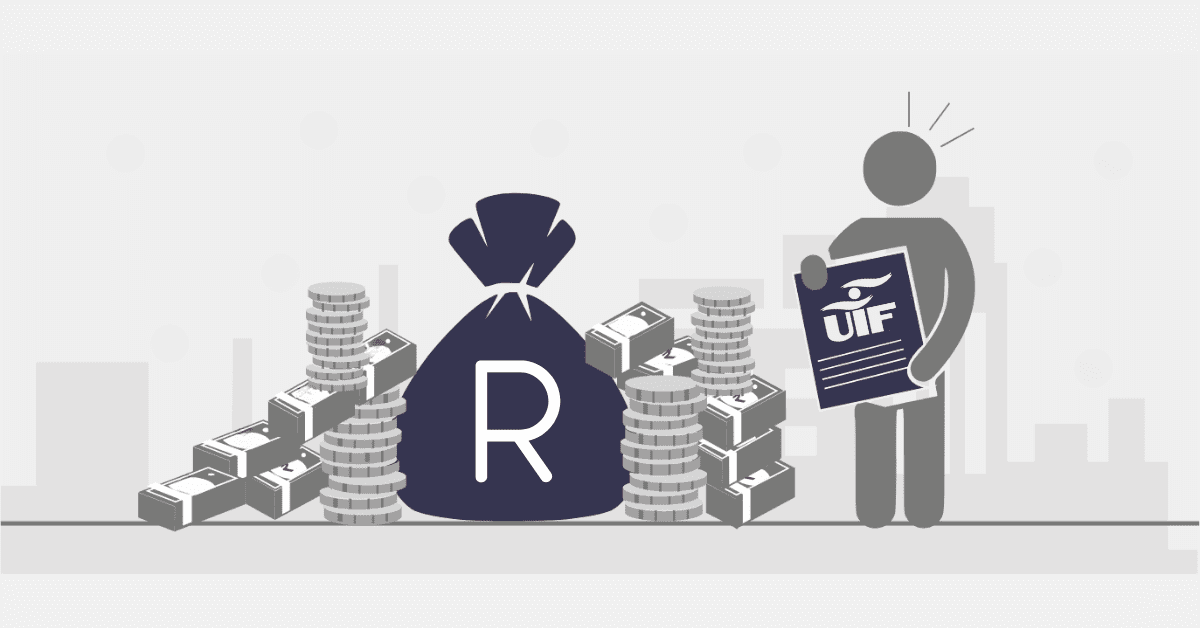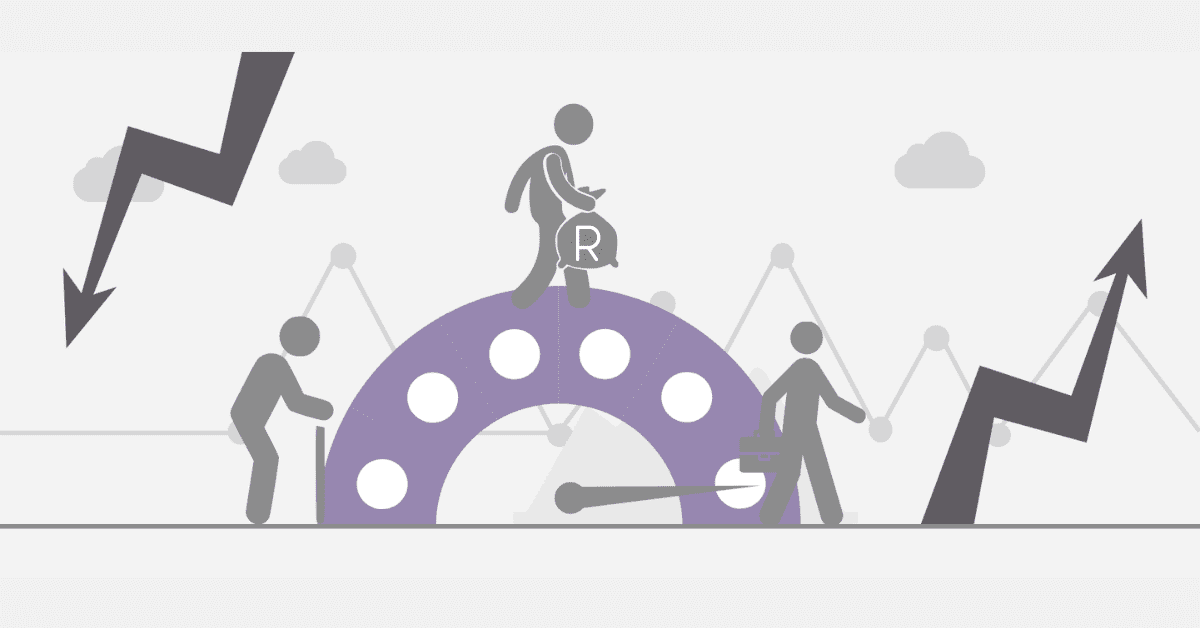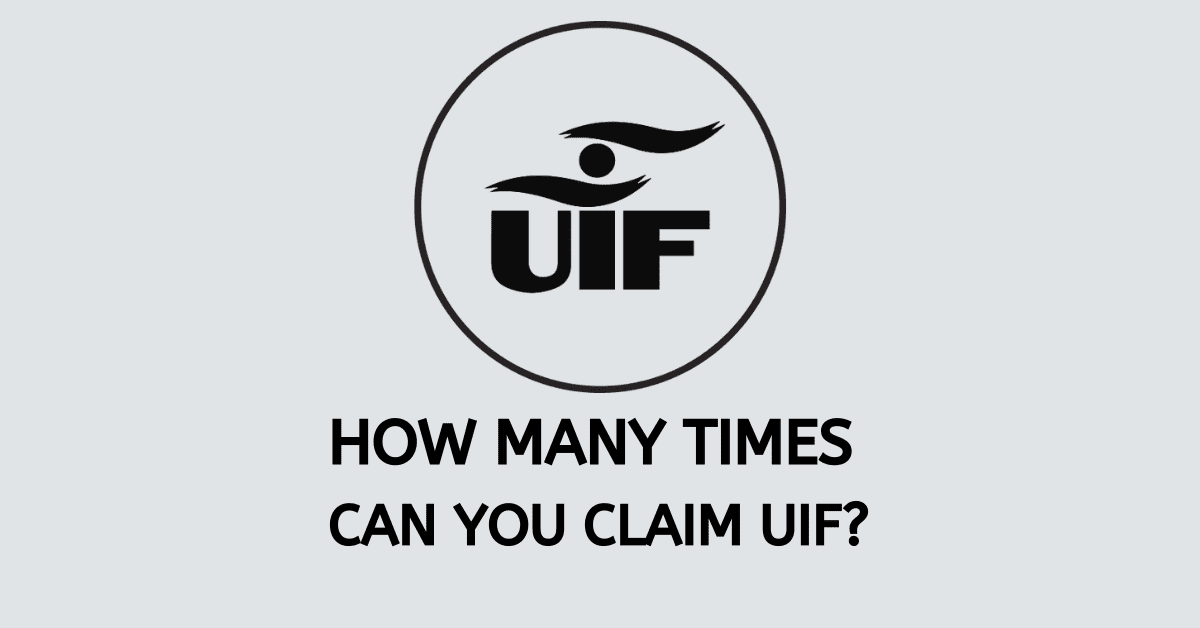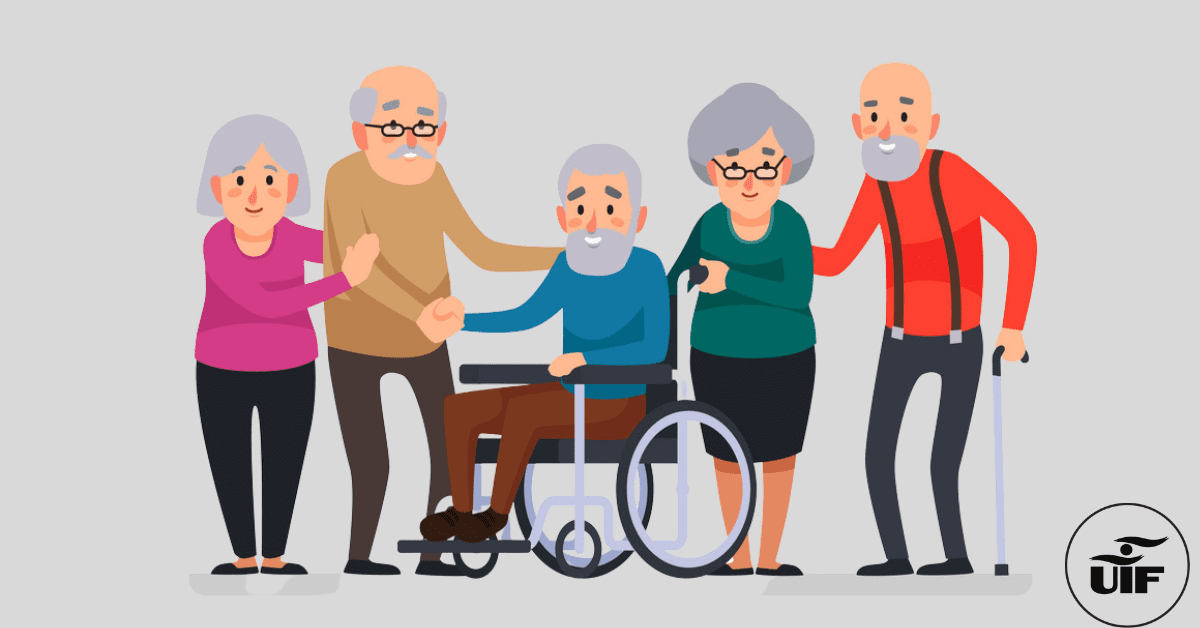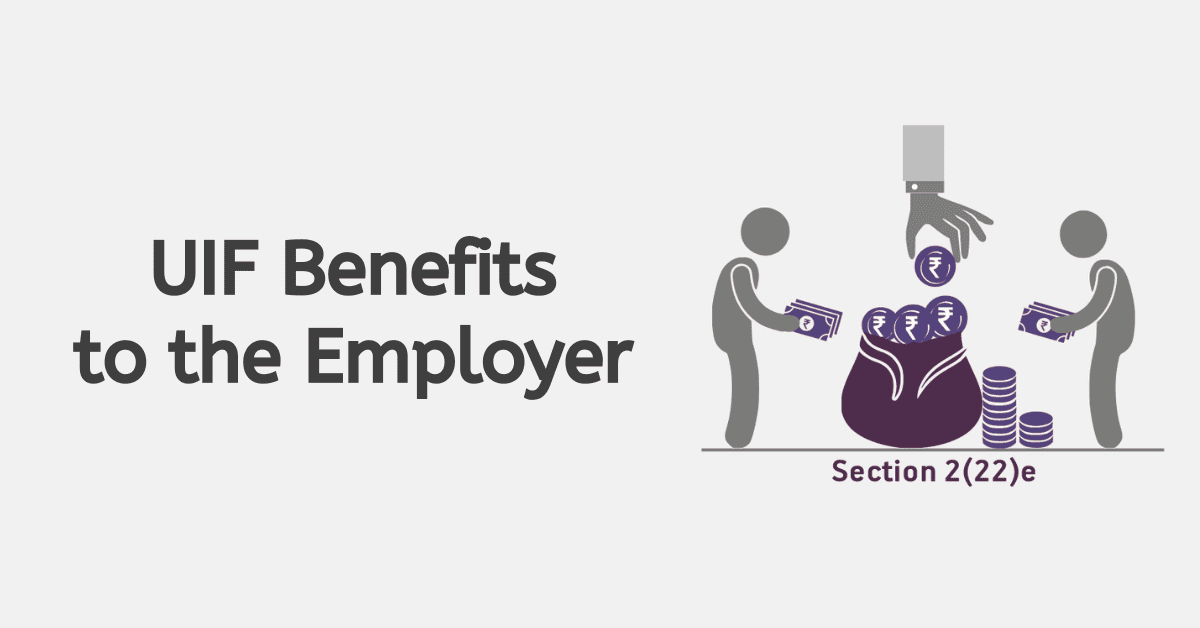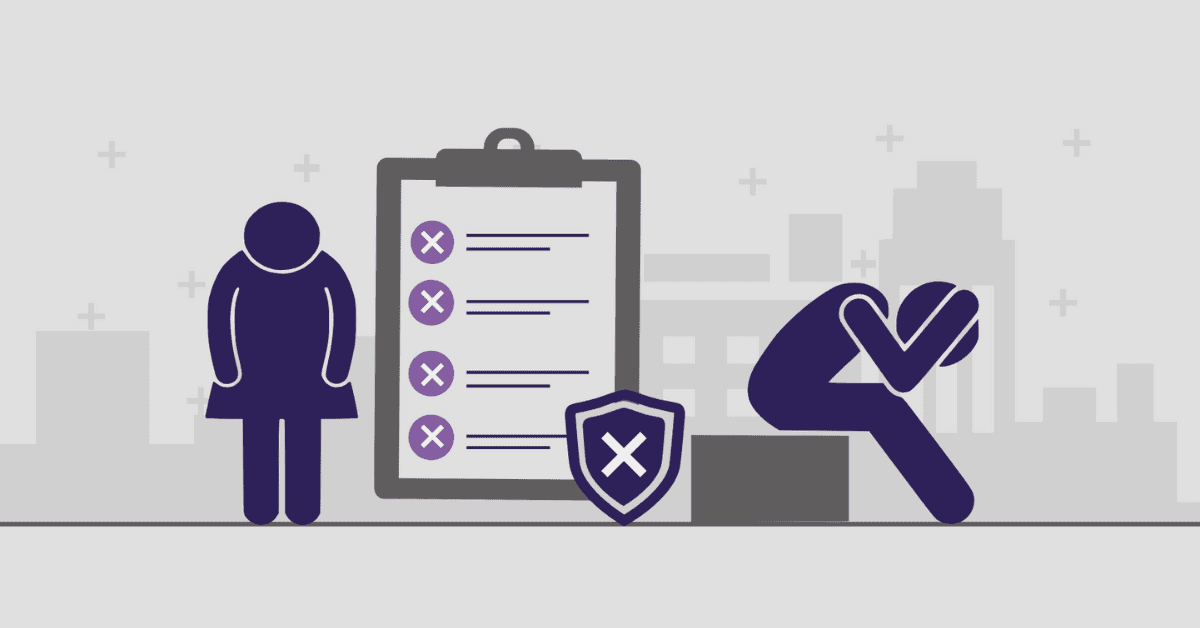When applying for Unemployment Insurance Fund (UIF) benefits, it is crucial to understand why your claim may be rejected. Unfortunately, rejections are a daily topic, and there are various reasons your claim could be denied.
In this blog post, we will discuss potential reasons why your UIF claim can be rejected, how to appeal a rejected UIF claim and how long the appeal process typically takes. With this information, you can be better prepared if your UIF claim is denied.
Reasons Why Your UIF Claim Can Be Rejected
Rejection of a UIF claim can be a frustrating and disheartening experience, especially when you feel you have done everything correctly. Unfortunately, there are various reasons why a UIF claim might be rejected.
Firstly, the most common reason for rejection is that you provided incomplete or inaccurate information on the application form.
Therefore, it is vital to ensure all your details are correct and that all necessary documents are included in your claim. This information includes proof of earnings, identity documents, and tax certificates. Incomplete information will likely result in the rejection of your claim.
Another reason why your UIF claim may be rejected is if you do not meet the eligibility criteria. For example, the requirements for UIF benefits vary depending on your age, employment history, and marital status. Therefore, familiarizing yourself with the criteria before applying for UIF benefits is essential to ensure eligibility.
Finally, UIF claims can be rejected if they are submitted late. To qualify for UIF benefits, you must submit your claim immediately or within six months of becoming unemployed or having a reduction in salary due to illness or maternity leave. Submitting late claims can lead to your application being rejected.
How To Appeal A Rejected UIF Claim
If your Unemployment Insurance Fund (UIF) claim has been rejected, there are steps you can take to appeal the decision. The appeals process is designed to allow you to dispute the decision and explain why you believe the UIF should approve your claim.
Step 1: Gather Evidence
The first step in appealing a rejected UIF claim is to gather all evidence that proves your eligibility for the benefits. This evidence could include pay stubs, proof of residency, a copy of your employment contract, and other relevant documents. Make sure to submit this evidence when filing your appeal.
Step 2: Prepare Your Appeal
Your next step is to prepare your appeal. This step will involve writing a form al letter that explains why you believe your claim should be approved. Again, you should explain your situation and why you believe the decision was wrong.
Step 3: Submit Your Appeal
Once you’ve gathered the evidence and written your appeal, you can submit it to the UIF. You can do this in person or through the mail. Make sure to keep a copy of your appeal and other documents submitted.
Step 4: Wait for a Response
After submitting your appeal, you will have to wait for a response from the UIF. Depending on the complexity of your case, this could take as little as five days. You may be asked for additional evidence or information during this time, so make sure to respond promptly.
Step 5: Make a Final Decision
Once you receive a response from the UIF, you can accept or reject their decision. If the UIF approves your claim, you will start receiving benefits. However, if they reject your appeal, you may file a complaint with the UIF tribunal or other courts.
How Long Does UIF Appeal Take?
The duration of a UIF appeal will depend on several parameters, including the case’s complexity and the appeals officer’s response time. Generally, appeals can take as little as five days to resolve. However, it is essential to note that appeals may also be denied if the applicant does not provide enough information or evidence to support their claim.
If you decide to appeal a denied UIF claim, you should submit all relevant documents and evidence on time to expedite the process. The appeals officer will review your case and determine whether you are eligible for benefits. The decision made by the appeals officer is final.
If you have questions about the duration of a UIF appeal, you can contact your local labor office for more information. They will be able to provide more specific details on the timeline of your appeal and what you can expect from the process.
What Does It Mean If Your UIF Claim Is Rejected?
Receiving a rejection on your UIF claim can be disheartening, but it doesn’t necessarily mean that you don’t qualify for unemployment insurance. Instead, it simply means that something in your application didn’t meet the criteria of the UIF.
Sometimes, the reasons for the rejection may be minor and easily corrected. However, in others, the rejection may indicate more significant issues you must address before a successful UIF claim.
Understanding why your UIF claim was rejected is essential to determine the steps needed to resolve and resubmit a successful claim. If your claim has been rejected, the UIF will provide details on why this has happened. Common reasons for rejections include:
- You never met the requirements for income or employment.
- Lack of relevant paperwork, such as payslips or bank statements.
- Inaccurate or incomplete information on the application form.
- Submission of forms that you’ve not signed or dated correctly.
- Not providing proof of identity, residence, or citizenship.
- Not reporting changes in circumstances that would affect the claim.
You can appeal the decision if you believe your claim was wrongly rejected. Act quickly and gather any necessary documents to support your case before submitting an appeal. You should also submit an appeal if you think the rejection was based on incorrect information or if there has been an adjustment in your circumstances since you submitted your initial claim.
Conclusion
It is essential to understand why your UIF claim may be rejected so that you can take the necessary steps to ensure a successful appeal. Appealing a rejected UIF claim can be a long process, so it’s best to prepare thoroughly and ensure you have all the relevant information to back up your case.
